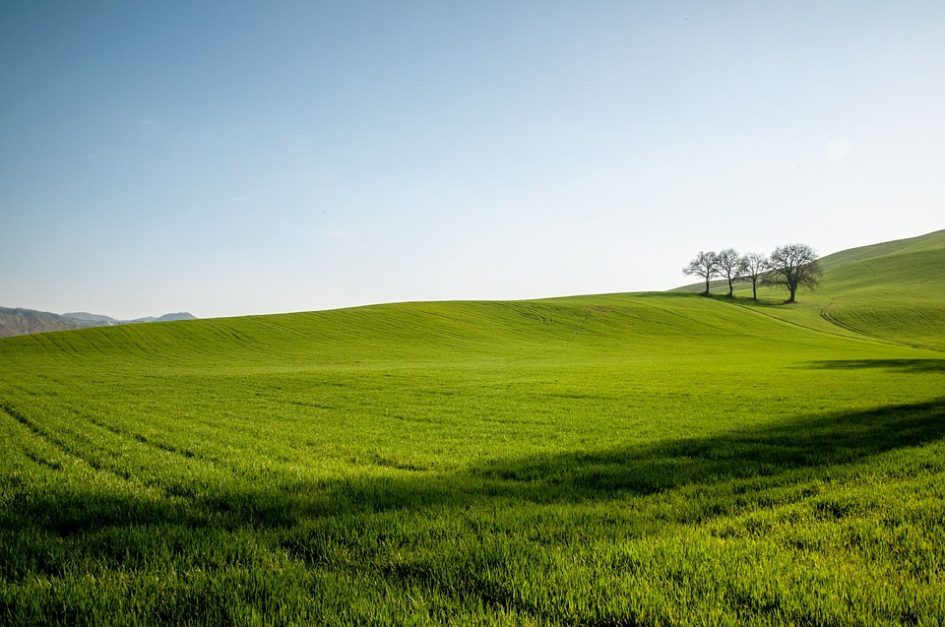For more information, please follow this link: https://chloewardropper.weebly.com/opportunities.html
Salary: Starting at $51,000
Overview: We seek an environmental social scientist to join a collaborative, interdisciplinary team conducting research on the social-ecological and policy processes of soil carbon sequestration (SCS) on US farms as a visiting postdoctoral research associate. The postdoc will work with the Wardropper Research Group* in the Department of Natural Resources and Environmental Sciences at University of Illinois and conduct case study research in northern Idaho/eastern Washington, Illinois, and Vermont. Collaborators include Dr. Courtney Hammond-Wagner (USDA-ARS, Vermont), Ryan Boylan and Tami Stubbs (Palouse Conservation District, Whitman County, Washington), Dr. Sanford Eigenbrode (University of Idaho) and Dr. Michelle Wander (University of Illinois). This position is funded by several sources, including a Conservation Innovation Grant, a Western SARE grant, and USDA Hatch program funding.
Project description: Soil carbon sequestration practices on farms (from annual practices like planting cover crops to larger changes such as transitions to permanent crops) promise to mitigate climate change and produce other environmental benefits such as erosion control. Voluntary carbon markets are emerging at both the regional and global scale on which farmers can sell credits, and multiple US states, private companies and non-profit organizations have created programs to support carbon credit creation. There is potential for voluntary carbon markets to support both environmental goals and farms’ economic viability. Yet there is a lack of research on the social and policy processes of the production of SCS credits on farms across operation scales and geographies. Through a multi-case study research approach in Idaho/Washington, Illinois, and Vermont, we will ask: What are the different social and institutional contexts for soil carbon markets across states, and how do they compare with other ecosystem services markets? How do farmer concerns or experiences with SCS practices differ across states, operation size, and crop types? How do farmers perceive the opportunities and limitations of SCS? What are the equity and access implications of SCS programs for historically underserved producers?
Specific responsibilities: (1) Managing day-to-day communication and relationships between research team members, agricultural producers and other partners; (2) Organizing and coordinating qualitative social science data collection across our three case study regions, including community meetings and interviews; (3) Analyzing qualitative social science data; (4) Co-developing manuscripts and other research and engagement products; (5) Participating in other research activities.
Position details:
Start Date: The ideal start date for this position is October 1, 2022, but there is some flexibility.
Appointment: 100% full time position appointed annually for 2 years, with possible extension based on performance and funding availability.
Location: University of Illinois Urbana-Champaign. The candidate must be available for multiple weeks of travel to other case study regions.
Required qualifications: (1) Ph.D. degree in an environmental social science field, such as sociology or geography, or an interdisciplinary field, such as public policy or natural resources, completed by the start date or received within the last ten years; (2) Experience with qualitative social science research methods (e.g., interviews, focus groups); (3) Excellent writing, communication, and organizational skills; (4) U.S. driver’s license or ability to attain one.
Preferred qualifications: Familiarity and/or experience with: (1) research on agricultural decision-making and natural resources governance; (2) payment for ecosystems services concepts and markets, particularly soil carbon markets; (3) social survey design and administration.
To apply: Please submit the following via email in a single PDF to Dr. Chloe Wardropper (cwardropper@uidaho.edu): (1) Cover letter describing your relevant experience, scholarly work, and interest in this postdoctoral position; (2) CV; (3) Contact information for three references (I will not contact them without your knowledge). I will review applications on a rolling basis, with a priority deadline of April 25, 2022. Direct any questions to Dr. Wardropper.

